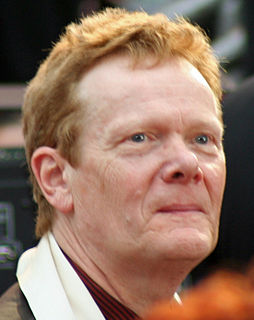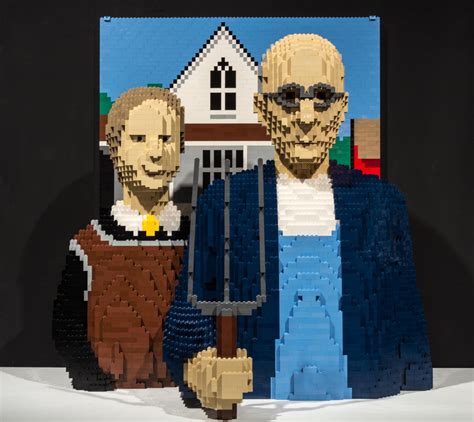A Quote by Seth Godin
The joy of art is particularly sweet, though, because it carries with it the threat of rejection, of failure, and of missed connections. It's precisely the high-wire act of "this might not work" that makes original art worth doing.
Related Quotes
The discoveries of science, the works of art are explorations - more, are explosions, of a hidden likeness. The discoverer or artist presents in them two aspects of nature and fuses them into one. This is the act of creation, in which an original thought is born, and it is the same act in original science and original art.
Here's the truth you have to wrestle with: the reason that art (writing, engaging, leading, all of it) is valuable is precisely why I can't tell you how to do it. If there were a map, there'd be no art, because art is the act of navigating without a map. Don't you hate that? I love that there's no map.
In most modern instances, interpretation amounts to the philistine refusal to leave the work of art alone. Real art has the capacity to make us nervous. By reducing the work of art to its content and then interpreting that, one tames the work of art. Interpretation makes art manageable, conformable.
Any play that makes an audience think out of the box, that makes connections to life and names our pain and by doing so makes our pain subject to thinking and the process of understanding, is doing something inherently political. By promoting understanding, by putting experience in context, by making connections between the normal and the rational, theatre is an act of anti-terrorism. It stimulates courage and a survival spirit. In that sense of political, there are a lot of serious plays doing their work in the world.
What makes art in general, and literature in particular, remarkable, what distinguishes them from life, is precisely that they abhor repetition. In everyday life, you can tell the same joke thrice and, thrice getting a laugh, become the life of the party. In art, though, this sort of conduct is called 'cliche.'
The way I make art - the way a lot of people make art - is as an extension of language and communication, where references are incredibly important. It's about making a work that is inspired by something preexisting but changes it to have a new value and meaning that doesn't in any way take away from the original - and, in fact, might provide the original with a second life or a new audience.
What is it about a work of art, even when it is bought and sold in the market, that makes us distinguish it from . . . pure commodities? A work of art is a gift, not a commodity. . . works of art exist simultaneously in two “economies”, a market economy and a gift economy. Only one of these is essential, however: a work of art can survive without the market, but where there is no gift, there is no art.
People act like art is a white thing - or not for people of colour - when, really, so much culture and art comes from people of colour. I want everyone to get into what I am doing. So sometimes I don't like to work just in an art context because it feels like a lot of people aren't going to see it. I like it to be a part of everyday life.
I like the boundaryless potential you get when you make work for a context that is open to interpretation. Thinking about an art context is too claustrophobic, though. I always hope that at least half my audience is not directly related to the art world. I use art as a balancing act. It's a good way of avoiding everyday chores and social obligations.




































